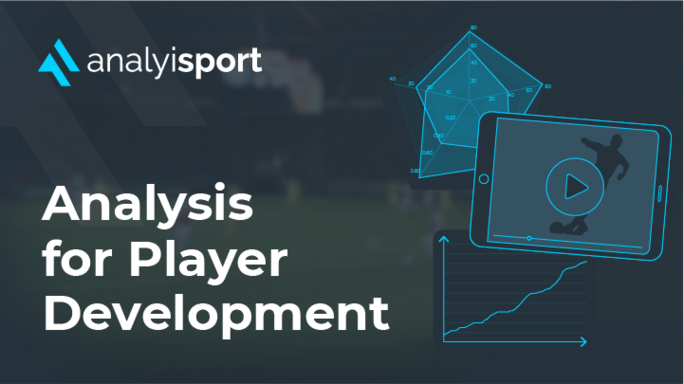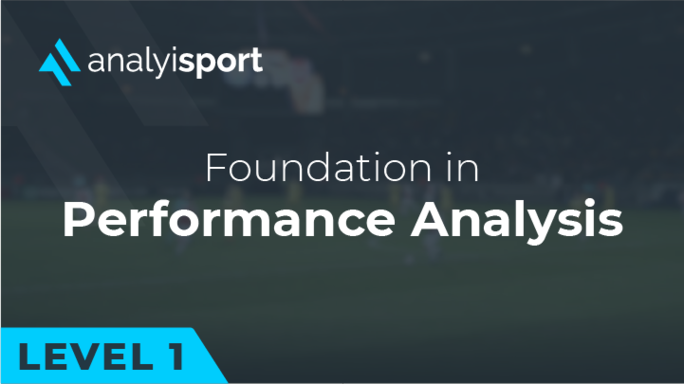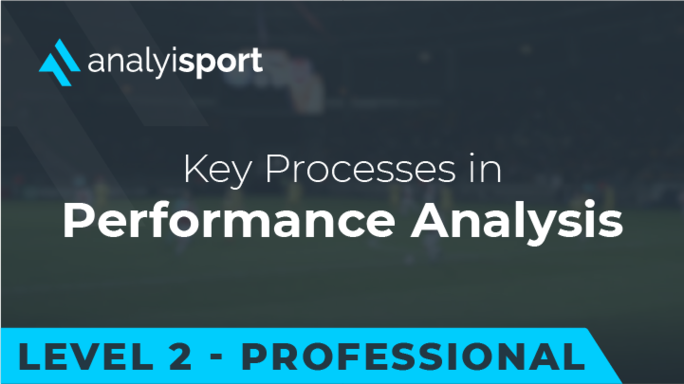How is Big Data Used in Football?
Football clubs are looking towards the implementation of Big Data to provide a number of business improvements. It is not just on the playing side that Big Data can provide process and competitive improvements, it allows football clubs to improve team performance, the fan experience and prevent injuries.
Using data analysis and data models clubs are looking to add accuracy and additional insights to their decision making process.
Big data is changing the way that we view football, and how decisions are made throughout the running of a club. Deming and Drucker stated that “You can’t manage what you don’t measure,” and in the last 20 years organisations have understood the value of Big Data. It allows managers to measure, understand more about their business and translate this information to their business. Critically this information has allowed them to improve decision making and performance.
Within football the use of data is now widespread within the playing side with playing models widely used but increasingly we are seeing Big Data being used on the non-playing side. The data collated from the football side is being used across the organisation and is not seen in isolation with playing data now being used to improve the fan experience, with examples now seen in the leagues like the Bundesliga and the MLS.
The use of Big Data is not just seen within football, its use is widespread across sport with major tournaments like Wimbledon having IBM as data partners and the MLB appointing Google as their data partner in 2020.
The idea that you cannot manage what you don’t measure, leads to the notion that the more data you can track and decipher, the better decisions you can make.
Informed Decision Making
The ability to track vast amounts of data, including player performance statistics, match data and tactical insight data, allows decision making to be more informed and precise. The data is now providing data driven decisions on the non-playing side.
Using this data, the analysts “can apply context to the pure statistics so that coaches can understand the impact a player has in matches”.
This can then allow the coaching team to make informed decisions on their team selection, tactical adjustments, injury prevention and their recruitment policies. Initially data was seen as a tool used in performance analysis but increasingly data is being used alongside the development of software and hardware tools to create new innovative solutions for use within football.
Zone7 has developed an AI data performance platform that looks to mitigate sports injury and one of its platform tools is a GPS based system that tracks players heart rate, player move movements to provide injury risk forecasting.
This allows the staff to manage the workload of their players, and make informed decisions on their game time/ training regimes throughout the week.
Kognia is another system that is used for making informed decisions, as Kognia automatically detects tactics being used, creating a video overlay on screen. Based on AI technology the system is used to highlight key moments by making visual overlays in analysis clips, making it easier for the coaches to show the players or other staff members.
By using the automated tactical perspective obtained via Kognia, the coaches can make informed and quick decisions on the sidelines to benefit their team.
Injury Reduction in Football
Big Data can be used to aid injury reduction in football, providing medical staff with extra data and information to help with decision making.
Players can be monitored via Big Data. Zone 7 uses Injury Risk forecasting. Users ‘Receive daily injury risk forecasts derived from our AI engine to keep your athletes healthy and performing at their peak.‘ With the Zone 7 team presenting an analysis case study of 11 professional football (soccer) teams competing in Europe and North America.
By monitoring these factors, the club staff have access to additional information to make decisions on a players training, and if they are match fit (not at high risk to injury).
Certain players will benefit from different training programmes and recovery strategies, based on their injury records and the way their body reacts to overload/competitive tension.
Liverpool is just one club using Big Data to predict injury risk, using Zone7. Clubs from the Premier League, Serie A and other sports including the NFL and MLS are working with Zone 7. The ability to have access to the data model for medical and coaching teams is key as the importance of data for injury reduction grows.
Improved Fan and Customer Experience
Big Data is used for player recruitment, and tactical analysis methods, the data can also be used to enhance fan and customer experience.
The FA’s future vision “includes serving up real time analytics during matches, offering data hungry fans on field performance details like the latest stats on England captain Harry Kane”.
By having this data quickly accessible, it enhances the viewing for fans. Being able to quickly check performance data of their favourite players during the game. Big Data tracks data for sporting venues, as well as player analytics. Clubs in sports across the world now use data to gain better understanding of “where fans are parking and queuing” and sporting clubs “optimally station staff to take tickets and direct fans to their seats” making for an easier and better fan experience.
The Texas Rangers (a Major League Baseball team), opened a brand new stadium in 2020 and data was an integral part of the organisation’s strategic plan. The teams new stadium has an automatic data report system, “generating a report within an hour of a game’s completion”
This data includes “the top selling shirts (and sizes), how many paper towels are left in any given restroom, and even how many hot dogs are sold per minute”. Information like this allows the club to cater to their fans’ needs, as well as run the business of the club in the most optimal way possible.
By using the data to target each individual fan, it allows the club to “drive promotions and offer personalised discounts for games similar to those they’ve already attended”
This more personalised and interactive approach can make the fans feel more involved with their club, and can drive a better fan/customer experience for everyone involved. As clubs looks to mine fan data, both in and out of the stadium this data will allow them to enable them to deliver sponsor specific promotions. In addition they will be looking to increase the level of fan engagements within fans both in person and online.
The Future of Big Data in Football
Big Data is being utilised across the footballing world to inform decision making, technical scouting, to aid injury reduction and to improve the fans experience. As data continues to be captured both in and out of stadiums, analytics will provide specific in-seat and in-stadium advertising. It may be possible that advertising may even be tailored for specific parts of the stadium.
With the vast amounts of data available, there is no limit on what the future could hold for the usage of data in football. The more data that is used and interpreted within the sport, allows clubs to make better decisions both on and off the pitch,
Data analysts will continue to work on data-led approaches within the sport, enhance the ability to recruit players, make on and off field decisions, and improve the experience for all fans worldwide.
Related Courses:
Share this article
Our Learning Pathways
AnalyiSport is for everyone who is passionate about analysis in football. Where are you in your development journey?
Become a Football Scout
As more clubs than ever look to build data into their recruitment process, an understanding of recruitment analysis is your ticket to success in the game.
Related Articles
Our team provides news and insights from the cutting edge of football analysis.







